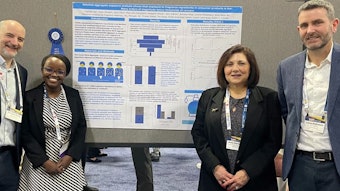As many in the industry know, The International Fragrance Association (IFRA) released the 40th Amendment to its Code of Practice. A big part of this amendment includes the addition of the Quantitative Risk Assessment (QRA) methodology for fragrance ingredients. In response, Cropwatch (an independent watchdog for natural aromatic chemical companies) released a statement this month that it will boycott the latest amendment and encourages companies to leave IFRA to join Cropwatch in its boycott. Cropwatch accuses IFRA of creating a “hostile environment” for the aroma trade industry due to restrictive legislation and relocation away from Europe. In addition, Cropwatch feels the QRA approach to perfume safety will create more red tape that smaller companies don’t have the resources to manage. To view Cropwatch’s complete boycott letter, click here.
IFRA has posted an official response, addressing Cropwatch’s concern with the QRA method of fragrance safety and its claim that IFRA favors synthetic ingredients and discourages the use of natural products in fragrance applications. IFRA states that the QRA methodology is, in fact, “a clear improvement on [the old] methodology because it distinguishes among 11 end use applications and defines safe use levels of fragrance ingredients for each one. In practice, this means that the perfumer is provided with even more flexibility.” In addition, IFRA affirms that its position is that all ingredients, natural or synthetic, must be evaluated for safety at the appropriate level of use and based on vigorous science. To view IFRA’s complete response, click here.










